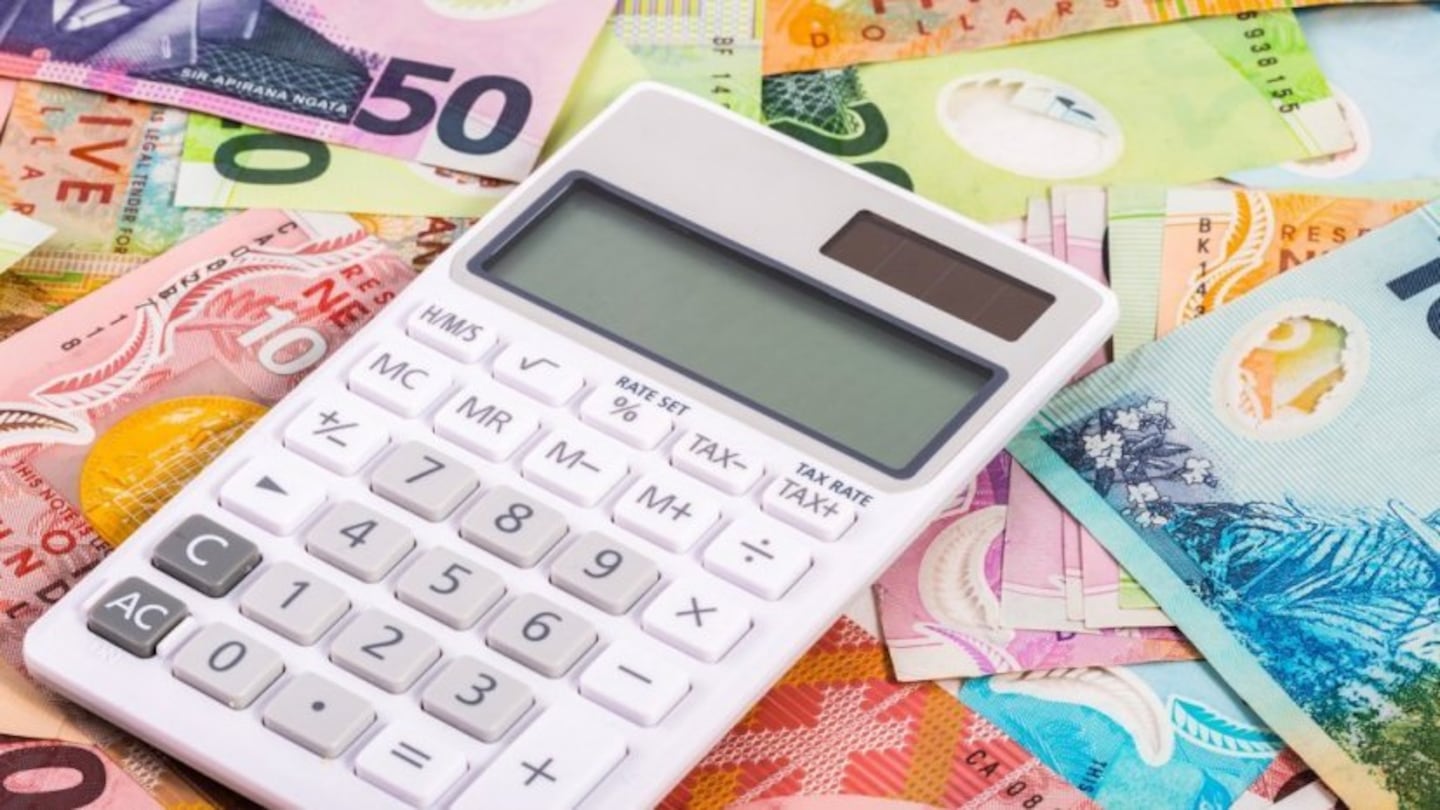Māori Party co-leader Rawiri Waititi has called for the Māori superannuation age to be lowered as Māori are likely to have shorter lifespans.
The suggested age that Waititi would like the age lowered to is 57 for Māori, making it eight years lower than the current requirement for superannuation as it needs to take into consideration of "the very real Māori mortality rates".
Stats NZ data says that Pākehā men and women can live to 80.9 and 84.4 years old respectively whereas Māori can only expect to live to 73.4 and 77.1 years old.
This suggestion has not come without criticism from Act’s leader David Seymour stating the “logical conclusion would mean raising the pension age for Asians, who live longer, lowering it for Māori and keeping Europeans the same.” He later referred to the idea as “absurd”.
But a change to superannuation has been ruled out by Social Development Minister Carmel Sepuloni.
Instead of lowering the superannuation age, Māori Development Minister Willie Jackson says the focus should be on increasing the life expectancy of Māori. "The stats show Māori live seven to 10 years shorter than non-Māori. So there needs to be a focus on raising the life expectancy of Māori and investing in young Māori to bridge this gap."
People aged 65 and up may be eligible for NZ Super, which is paid every two weeks.
Ngāi Te Rangi chief executive Paora Stanley said he would argue " that Māori are working themselves to the bone to help the rest of the country and never themselves because they'll never pick up the benefits and relax and retire".
Infometrics senior economist Brad Olsen's view is that Māori receiving the superannuation earlier just means that Māori will live more of their lives with access to the payment and not necessarily live a longer life.
Age Concern Rotorua manager Rory O'Rourke thinks lowering the age is “a good idea” but then says the potential problems that could be encountered with proving who is Māori and asking the question “what percentage Māori do you need to be to get the lowered rate”.


